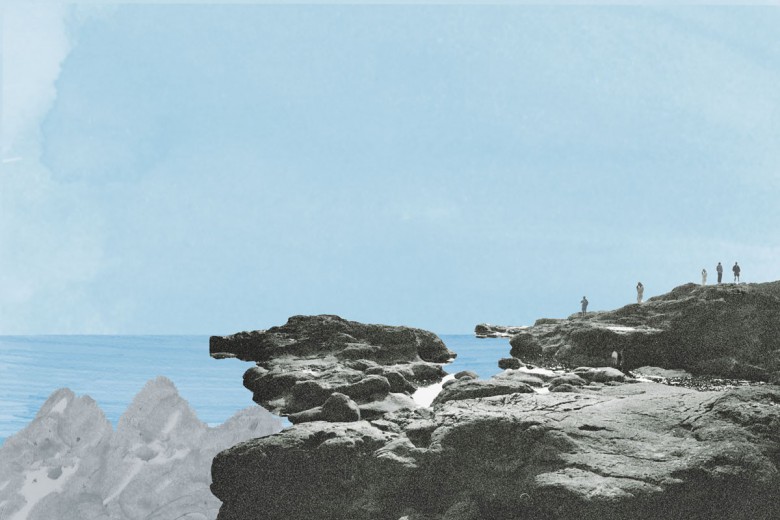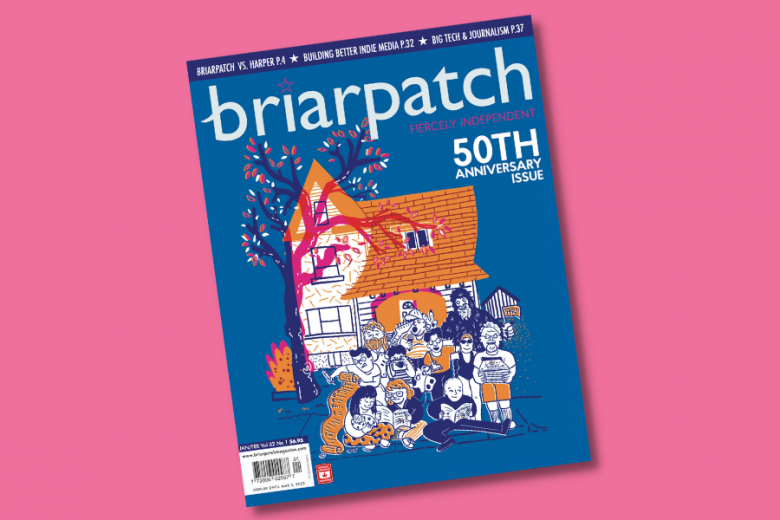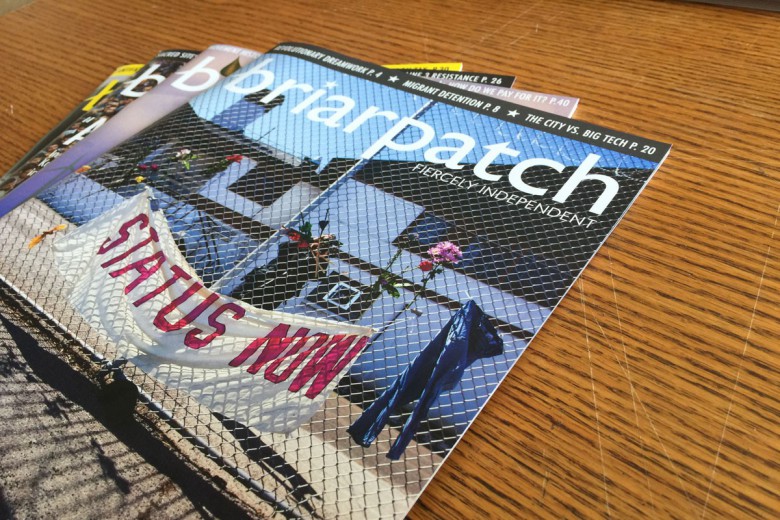On a recent appearance on the TrueAnon podcast, longtime activist, journalist, and former political prisoner Claude Marks spoke at length about the way he and fellow activists worked to revolutionize one of their local radio stations during the Berkeley protests of 1963 and 1964. As a radical, Marks, along with his colleagues at the radio station and his comrades on campus, began thinking about an approach to journalism that differed from the top-down, aloof approach to reporting that often failed to adequately capture the voices of those embedded in stories and more often failed to account for the voices of anyone besides white people except when the story absolutely demanded it.
That tendency is not entirely an accident. “There’s always been barriers placed between people with radical thinking,” Marks states. “People of colour, people who are challenging gender normativity, people who are opposed to the genocide in Gaza, for example. All of these are barriers to prevent opinions, ideas to be played out in a way that’s unimpeded by the intervention of somebody who’s got the credibility of being a newsperson, who’s essentially guided and motivated by corporate funding and thinking and buys into it.”
Obviously, my ears perked up hearing all of this. As Briarpatch’s publisher, I believe, as so many of our readers and supporters do, that the work we do is not just meaningfully different from the work in Canada’s ideologically contained corporate media but also meaningful, in general, to people’s political lives. But it was nice to listen to Marks, someone with long-standing ideological commitments and radical journalism experience, and reflect a little bit on why and how it’s meaningful.
Briarpatch is genuinely unlike a lot of media out there. Whether it’s Indigenous climate activists, Black prison abolitionists, disabled and Mad organizers, queer advocates, sex workers, the long-term poor, tenants, or community members involved in countless other projects and actions from the left, in the five short years I’ve been publisher at the magazine, I’ve always been amazed at the way Briarpatch puts front and centre the people actually involved in and affected by the stories we cover. In recent issues, Briarpatch has run several pieces from Palestinian journalists in both Canada and Palestine itself, in a moment where mainstream press is doing its best to keep Palestinian struggles at a distance.
In this issue, we’re running our Writing in the Margins winners. At the core of our annual writing contest is that commitment to being a publication in which writers and activists speak directly to our readership, while also pushing creatively into new ways to do so. This year, Marco Muller’s powerful photo, “The little ones are watching,” Sarrah Ghadeer Malek’s lyrical poem, “ILA AL WATAN / TO THE LAND,” and Iris Yi Youn Kim’s sharp and incisive essay, “Are you North or South Korean?” all thoughtfully and directly confront identity, diaspora, colonial oppression, and shared struggle across generations in forms you don’t typically see in Briarpatch. They share space this month with stories about grassroots Workers’ Action Centres, labour exploitation at Simon Fraser University, and the relentless campaign to conflate support for the Palestinian people with “hate” – stories all written from the grassroots perspective from which the activists within them are working.
Being based in the Regina office, I often have the privilege of being the first to read messages sent in by regular mail from our readers. As the publisher I’m always anticipating – and to a degree wanting – to open it up and read something critical about the publication, and we occasionally get that and find it valuable. But just as valuable are letters like the one we recently received from a new subscriber. “Your magazine tells the truth about Canada,” Dave wrote. “I don’t know any other magazine that does.”
I always tell people, truthfully, that the only reason we’re able to do what we do is because we’re supported by our readers. But what we do, as a grassroots media outlet in general and as Briarpatch specifically, is also the reason our readers find us worth supporting to begin with. Media by and for people who know that the capacity to build a better world is found in community action, in shared strength, in learning from and working with each other. Media unafraid to let the people most affected by issues do the talking, instead of doing the talking for them. Media that isn’t there for those with money and power but is, as it has always been, for you and me. For us.
In solidarity,
John Cameron, Publisher







